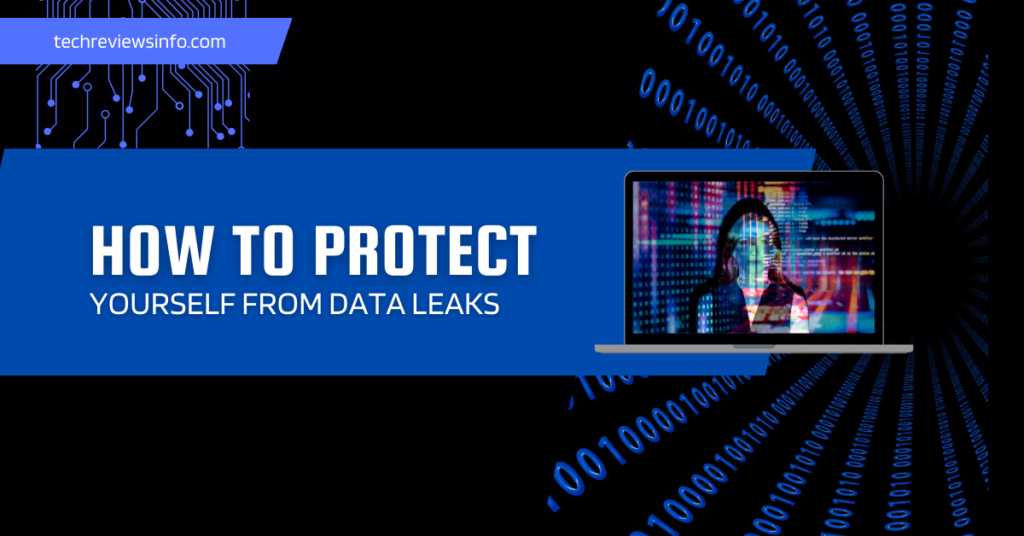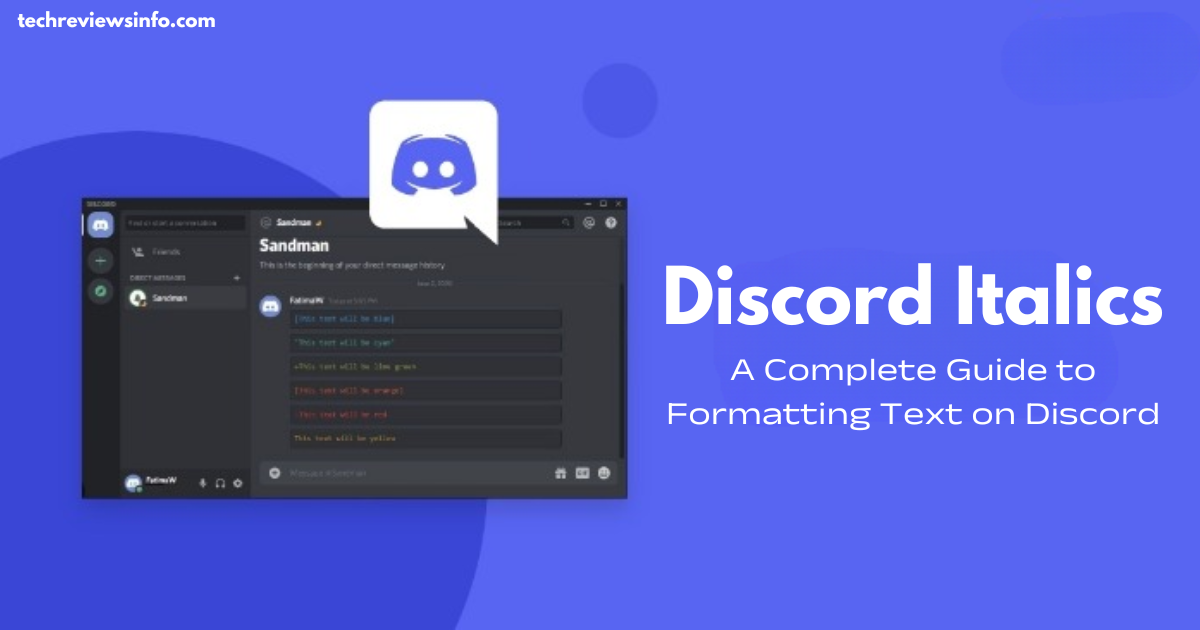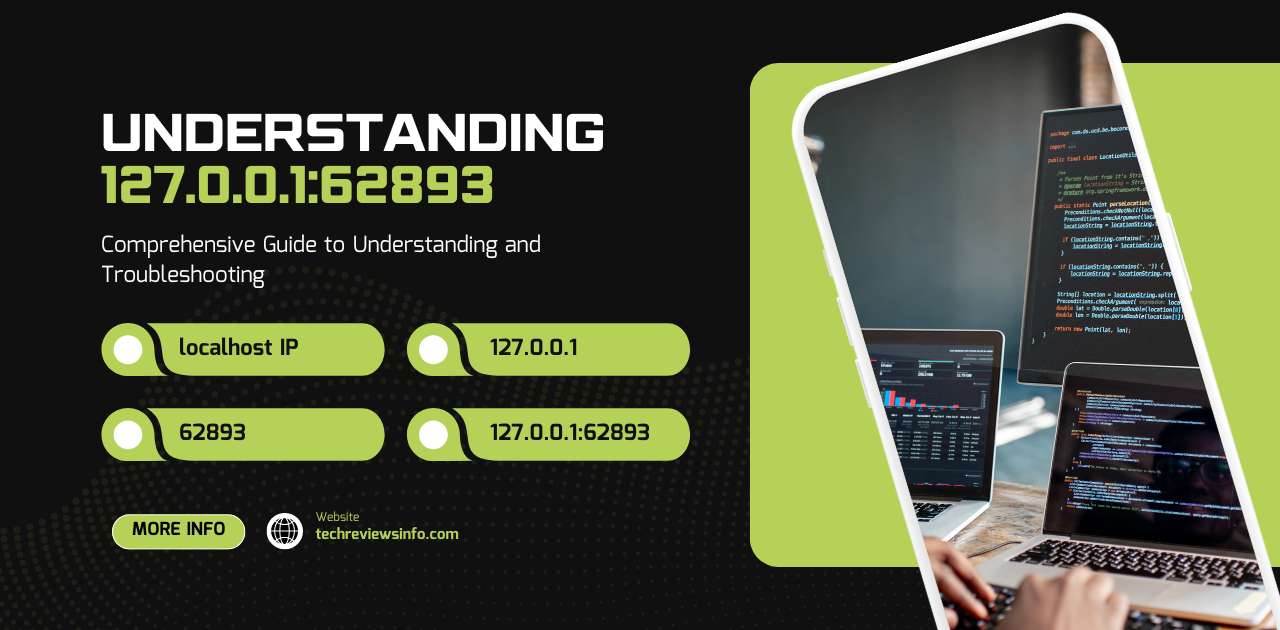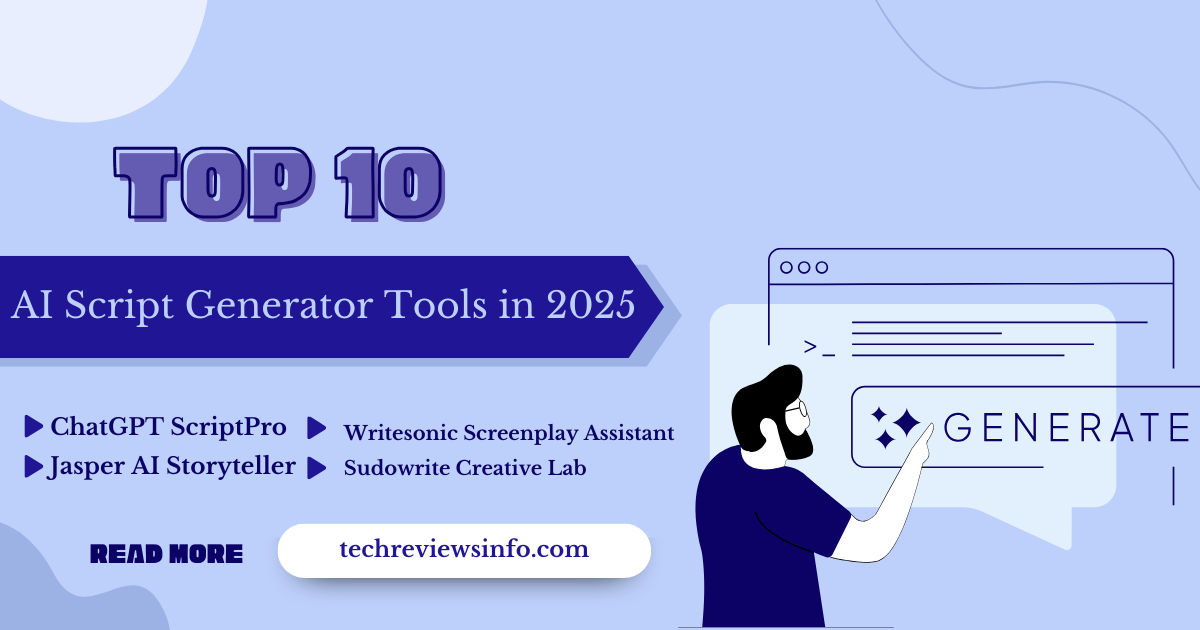In today’s digital world, security breaches and data leaks have become common concerns. One of the emerging threats that have caught attention is Thejavasea.me leaks AIO-TLP, a dangerous situation that exposes sensitive information to the public. In this article, we will explore what Thejavasea.me leaks are, how they affect users, and the steps you can take to protect yourself from such threats.
What is Thejavasea.me Leaks AIO-TLP?

Thejavasea.me leaks AIO-TLP refers to unauthorized breaches of sensitive data hosted on the platform Thejavasea. me. This website, which has been involved in data leaks, contains private information that is not meant to be public. AIO-TLP, standing for All-In-One Threat Landscape Platform, highlights the extent of the breach. The exposed data can range from personal user details, login credentials, to sensitive business information.
Data leaks like this can lead to severe repercussions for individuals and organizations, ranging from identity theft, financial loss, and reputational damage.
Why Are Data Leaks Dangerous?

Identity Theft

When personal data is exposed, cybercriminals can use it to impersonate individuals, opening new bank accounts, applying for loans, or carrying out illegal activities under someone else’s name.
Financial Loss
Hackers gaining access to credit card numbers, bank account details, or digital wallets can result in unauthorized transactions, leading to significant financial losses for victims.
Reputational Damage
For businesses, leaks of sensitive customer data or confidential company information can severely damage their reputation. Clients lose trust in a company’s ability to safeguard their information, leading to a loss of customers and revenue.
How Do Leaks Happen?
There are several ways in which data breaches occur, leading to Thejavasea.me leaks:
- Phishing Attacks: Hackers may send fraudulent emails, tricking users into sharing their login details.
- Weak Passwords: Easy-to-guess passwords can be cracked by hackers using brute force techniques.
- Unpatched Software: Vulnerabilities in outdated software provide an easy entry point for cybercriminals.
- Social Engineering: Hackers use manipulation tactics to deceive people into sharing confidential information.
Once this information is leaked, it often finds its way to forums, dark web marketplaces, or websites like Thejavasea.me, where it is distributed or sold for malicious purposes.
How to Protect Yourself from Data Leaks?

1. Use Strong, Unique Passwords
One of the simplest ways to protect yourself from leaks is by using strong, unique passwords for all your accounts. Avoid using easily guessable information like names, birthdays, or simple number combinations. Use a password manager to store and generate complex passwords.
2. Enable Two-Factor Authentication (2FA)
Adding an extra layer of security through two-factor authentication (2FA) ensures that even if someone has your password, they cannot access your account without the second form of verification, such as a text message or authentication app.
3. Update Software Regularly
Ensure that all your devices and applications are running the latest software updates. These updates often include patches for security vulnerabilities that could be exploited by hackers.
4. Monitor Your Accounts
Regularly check your financial accounts for any suspicious activity. Setting up alerts for large transactions can also help you catch fraudulent activity early.
5. Avoid Clicking Suspicious Links
Be cautious of clicking on links or downloading attachments in emails, especially if they are from unknown senders. Phishing emails are a common way for hackers to gain access to your information.
FAQs about Thejavasea.me Leaks AIO-TLP
1. What is Thejavasea.me Leaks AIO-TLP?
Thejavasea.me leaks AIO-TLP refers to data breaches involving the unauthorized release of sensitive information from the Thejavasea.me platform. The exposed data can include personal information, login credentials, and other private details.
2. How can data from Thejavasea.me leaks be used?
Data from these leaks can be used for identity theft, fraud, blackmail, and other illegal activities. Cybercriminals may sell this information on the dark web or use it to exploit individuals and businesses.
3. How can I protect my data from being leaked?
To protect yourself from data leaks, use strong and unique passwords, enable two-factor authentication, regularly update your software, and avoid clicking on suspicious links or attachments.
4. What should I do if my information is part of a leak?
If you discover that your information has been exposed in a leak, immediately change your passwords, monitor your accounts for suspicious activity, and consider freezing your credit if sensitive financial data has been compromised.
5. Is Thejavasea.me safe to visit?
It’s advisable to avoid visiting websites like Thejavasea.me that are associated with data leaks and unauthorized activities. Such platforms can expose you to further security risks, including malware or phishing attempts.
Conclusion
The rise of data breaches like Thejavasea.me leaks AIO-TLP highlights the growing importance of cybersecurity. Whether you are an individual or a business, safeguarding your digital footprint is essential. By following best practices, such as using strong passwords, enabling two-factor authentication, and staying vigilant about your online activities, you can significantly reduce the risk of falling victim to data leaks.
Cybersecurity is an ongoing effort, and staying informed about the latest threats and how to combat them is crucial in today’s digital world.
Read More:






